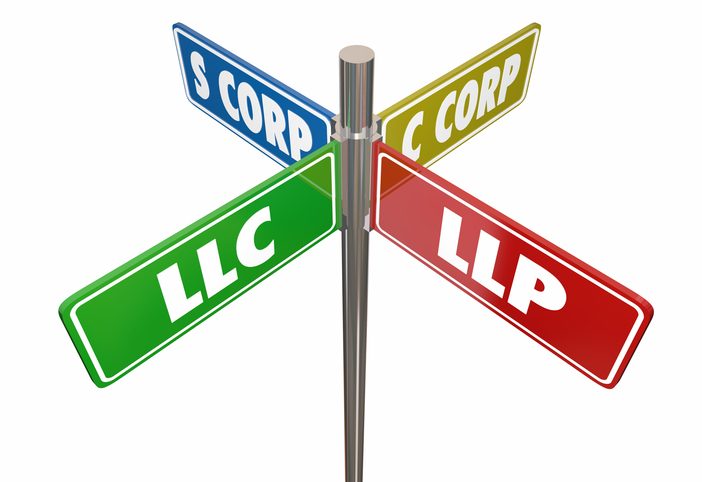Small business owners know that high performers seek out jobs that offer them an opportunity to grow and to develop professionally. Benefits are also important to job seekers. However, salary plays a major role in the decision to accept a job offer. Every owner of a small business struggles with the question of how much to pay a new hire. As a small business owner, you understand that applicable wage… Read More
S Corp, C Corp and LLCs – Which Works Best for You
S corporations, C corporations and Limited liability companies (LLCs) are all business structures that differ in ownership, taxation, benefits and disadvantages. Ownership C corporation can include unlimited number of shareholders including non-US citizens. S corporations can have up to 100 individual shareholders including LLCs, partnerships, or many trusts. S corporations also can’t have non-U.S. citizens or residents as shareholders. LLCs can have an unlimited number of members, including non-U.S. citizens and… Read More
Home related energy credit – Summary of Energy efficient home improvement credit and Residential clean energy property credit
Energy Efficient Home Improvement Credit Residential Clean Energy Property Credit The residential clean energy property credit is a 30-percent credit for certain qualified expenditures made by a taxpayer for residential energy efficient property. The IRS extended the residential clean energy property credit through 2034, modified the applicable credit percentage rates, and added battery storage technology as an eligible expenditure. The credit applies for property placed in service after December 31,… Read More
Good News! You May Be Worth More Than You Realize
As you write out another check to make your monthly mortgage payment or for your child’s college tuition, you may not be feeling particularly flush. In fact, you may be feeling decidedly cash strapped. However, it is possible that you may be better off financially than you realize. For starters, if you own a home, you have an asset that has the potential to increase in value and has historically… Read More
Setting up a non-profit organization
What is tax exempt purpose? The exempt purposes set forth in Internal Revenue Code section 501(c)(3) are charitable, religious, educational, scientific, literary, testing for public safety, fostering national or international amateur sports competition, and the prevention of cruelty to children or animals. The term charitable is used in its generally accepted legal sense and includes relief of the poor, the distressed, or the underprivileged; advancement of religion; advancement of education or science; erection… Read More
Double Taxation: How Small Businesses Can Avoid It In The U.S.
Double taxation is a significant concern for small business owners in the United States. It occurs when the same income is taxed twice: once at the corporate level and again at the individual level when profits are distributed as dividends. This situation can create a financial burden for small businesses, affecting their ability to reinvest profits and grow. Understanding how double taxation works and exploring strategies to avoid it is… Read More





